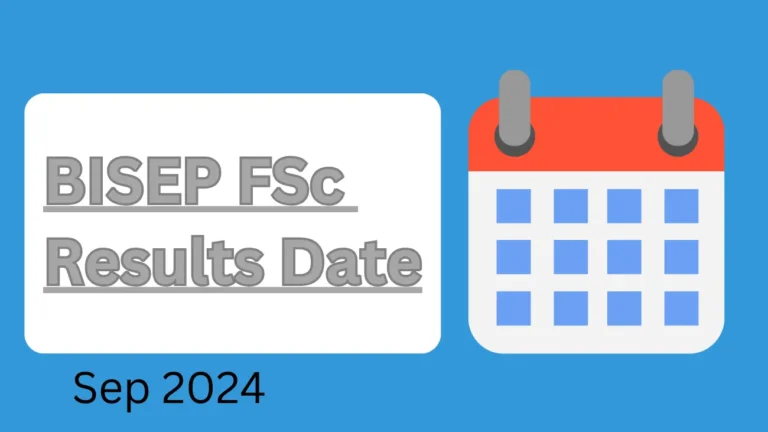If you are getting tired during study sessions and do not know how to study for long hours? After using these tips you will learn how to study for long hours without getting tired or bored.
Ever stared down a mountain of textbooks, willing yourself to focus for hours on end? We’ve all been there. But let’s face it, simply slogging through pages isn’t the recipe for success. The key to long study sessions is planning and techniques. They boost your focus and memory.
In this post, we’ll learn 6 most effective tips for long study sessions. So let’s get started:
Table of Contents
Toggle6 Tips: How to Study For Long Hours
Here are the 6 effective tips for studying for long hours:
1. Let’s Talk Focus, Not Fear
Picture conquering exams, not just surviving them. That’s the power of strategic studying! The first step? Become a prioritizing pro. Some chapters surpass others in quality. Textbooks often have chapter summaries or learning objectives – use them to your advantage!
Find the most important topics and allocate hours to your study schedule to cover them comprehensively. They will have the biggest impact on your understanding and exam performance. Tackle the most important sections first. You will gain confidence as you check them off. This way, you’ll avoid wasting time on less crucial details. You’ll also feel a sense of accomplishment as you make progress.
2. Craft Your Champion’s Study Schedule
Feeling lost in a sea of information? Time to create your study schedule where you can focus and want to study for long hours without distractions.
- Block out study times in your calendar.
- Add breaks to avoid burnout. Schedule the toughest topics for your peak focus times.
- Are you a morning person? Seize the quiet power of the early hours.
- Thrive in the afternoon? Plan those challenging sessions after lunch.
- Sticking to a schedule keeps you disciplined, prevents that last-minute scramble, and ensures consistent study hours. Plus, incorporating breaks throughout the day helps you stay focused and energized, enhancing your productivity significantly. Think of it like training for a marathon. You wouldn’t run the whole course without stopping, would you?
3. Power Up Your Study Space: Without Getting Tired
Let’s be honest, that social media notifications are like a siren song to your focus. To silence the distractions, create a distraction-free zone where you can focus on your goal to study effectively.
Find a quiet, well-lit space and silence your phone notifications. Noise-canceling headphones or a library can be your secret weapon here. Remember, a clutter-free environment reflects a clutter-free mind! Cut distractions. Focus on the task at hand.
4. Fuel Your Brain, Not Your Crash
Ever feel your brain slow down after a sugar rush? The food you consume has a direct effect on your mental abilities. Power up your study sessions with brain-boosting foods. Pack your study snacks with fruits, nuts, whole grains, and lean proteins.
Drink water to stay hydrated. Dehydration can ruin your focus fast.” Think of your brain as a high-performance engine, optimized to study effectively over longer periods of time. You wouldn’t put junk fuel in your car, would you? Similarly, choose activities that boost your study productivity during breaks.
Engage with the material through active learning techniques that boost retention. Summarize key points in your own words, creating a mini-study guide in the process.
Craft mind maps to visually connect concepts and solidify understanding, a technique that helps in developing the habit of studying for a long. Test yourself with practice problems – pretend you’re explaining the material to a friend. By processing information actively, you’ll make your understanding and recall better. This will help on exam day.
5. Take breaks to recharge
Our brains are designed to focus on short tasks, but with the right methods, we can extend our productivity for a longer period. Pushing through exhaustion might seem heroic, but it backfires. Plan brief pauses (5-10 minutes) every hour to rejuvenate your mind.
Stand up, walk around, have a light snack, or engage in some stretching exercises. Taking a quick walk outside for a change of scenery can work wonders, allowing you to take a break and return to your study hours refreshed.
Returning to your studies with a new focus will be much better. It’s better than pushing through fatigue. Think of it like rebooting your computer. Those short breaks help you clear your cache and function at your best.
6. Sleep for Success: Enough Seep Time At Night
It’s Not Optional! Staying up all night before an exam might seem productive, but it’s a disaster. During sleep, your brain consolidates memories and processes information. Aim for 7-8 hours of quality sleep each night to ensure you can study effectively the next day.
A rested mind is like a sponge for knowledge. It is ready to absorb and keep information well. Think of sleep as your brain’s gym. That’s where the real magic of learning happens, especially when you try to study for a longer period.
Bonus Tips:
- The Pomodoro Technique: Try 25-minute focused study sessions with short breaks in between to maximize productivity and study hours.
- Find a Study Buddy: Discussing concepts with classmates can solidify understanding.
- Teach What You Learn: Explain concepts to a friend or family member. It strengthens your understanding and fuels your habit of studying for long hours.
- Reward Yourself: Implementing a rewards system is a motivating tip to keep up with study habits. Celebrate milestones to stay motivated and focused on your goals.
Conclusion
Studying for long hours is a skill, but you’ve got this! Use these strategies in your routine. They’ll transform long hours into productive sessions. They’ll propel you toward academic achievement. So ditch the dread, embrace the focus, and conquer those exams! You are a studying superhero in the making. Remember, with the right approach, you can turn those long sessions into your secret weapon. They’re the key to academic success.
More tips from us: 3 Secret Study Tips to Become a Topper
How can I study for long hours without feeling tired?
To study for long hours without getting tired, it’s essential to create a conducive study environment, take short breaks, stay hydrated, and maintain a healthy diet.
How long should each study session be?
The optimal duration for a study session varies from person to person but aiming for 25-50 minute intervals followed by a 5-10 minute break is a popular technique to boost productivity.
When is the best time to study for long hours?
Choosing a time when you are most alert and focused is crucial for effective studying. Experiment with different time slots but try to prioritize your study time during periods of the day when you are most productive.










